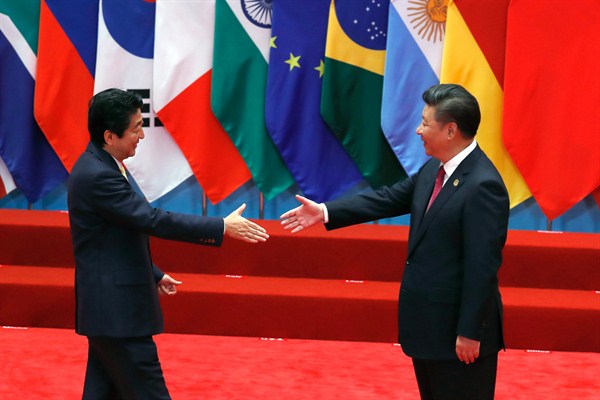In September, a number of media outlets in Japan published stories about the Japanese politician Renho Murata, who was running for the leadership of the opposition Democratic Party. The attention centered on whether Renho, as she is known, who was born in Japan to a Taiwanese father and Japanese mother, had fully renounced her Taiwanese nationality as required by the Japanese Nationality Law.
In an interview with the Huffington Post at the time, Renho decried all the fuss. “I was born and brought up in Japan,” she commented. “What can I say except that I’m Japanese? Quite honestly, I think this incident says a lot about the environment in Japan today.” She asked whether, in this age of globalization, foreigners would really want to come and live in a Japan that appears so intolerant of diversity. “There is a danger,” she warned, “that people overseas will misunderstand Japan as being a closed culture.”
In fact, the episode highlights how Japan is relatively closed to the world. It is a country without an official immigration policy, where the perception of ethnic homogeneity remains strong and the topic of dual nationality has become taboo. While in the past, notably in 2008, there were serious moves to reform the Nationality Law and have Japan recognize dual nationality, today the topic has fallen completely off the political radar.

